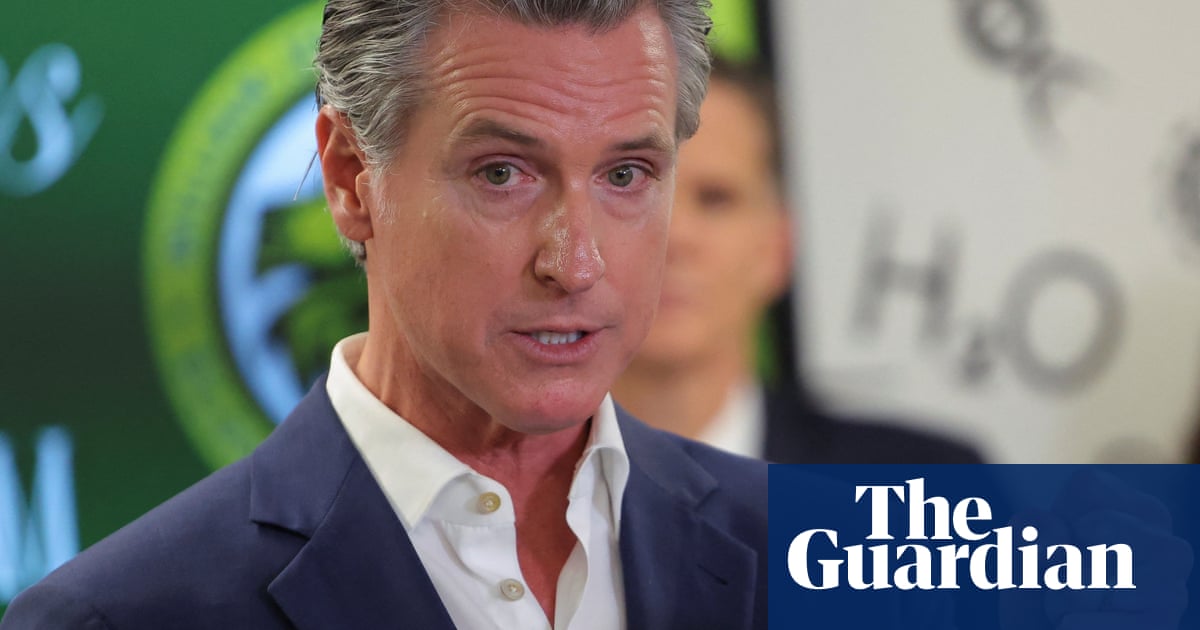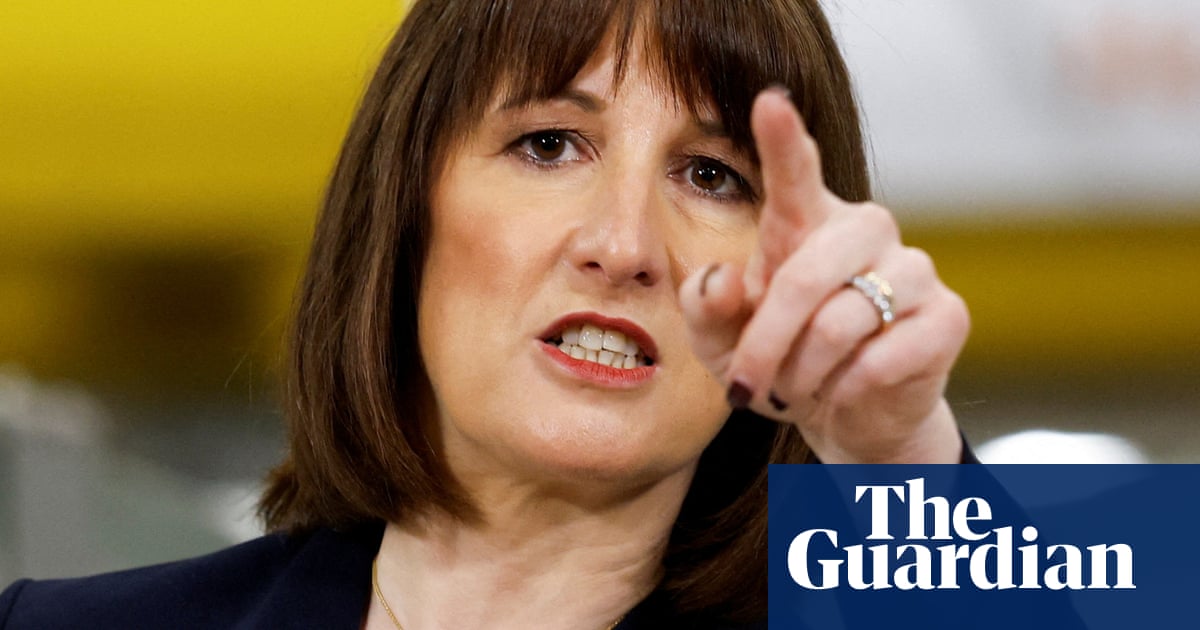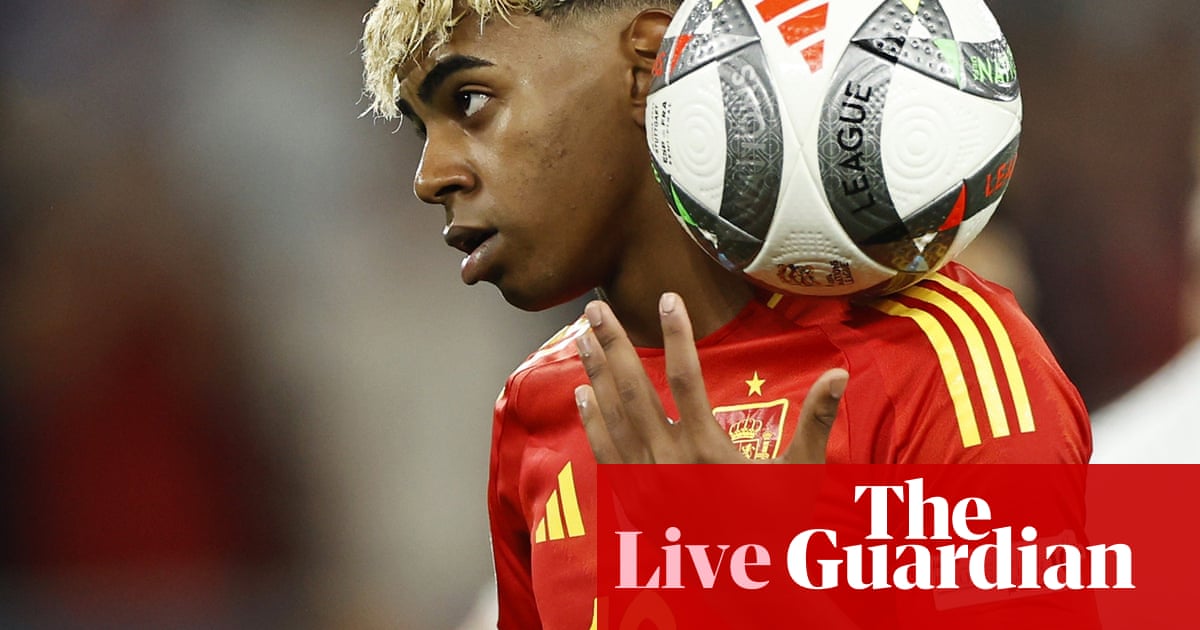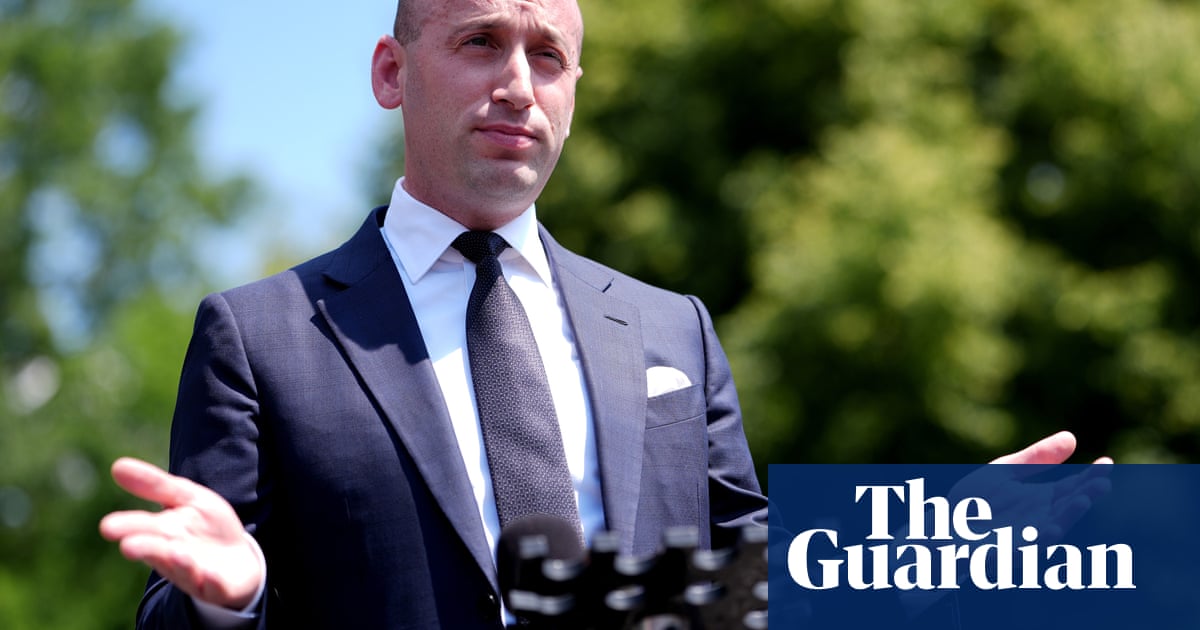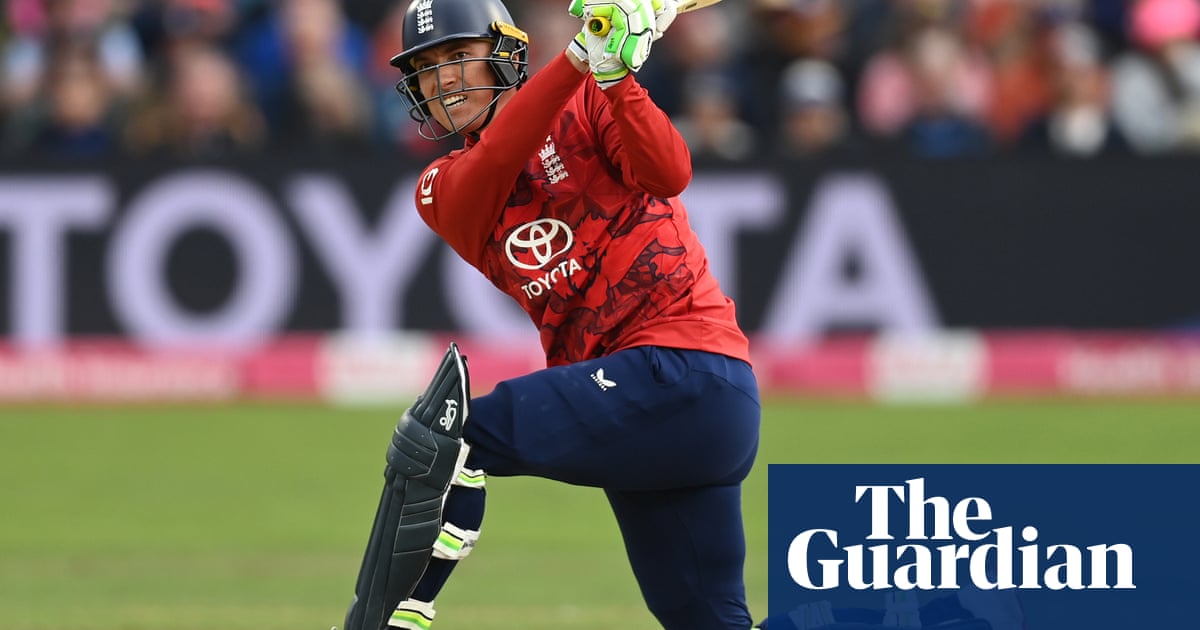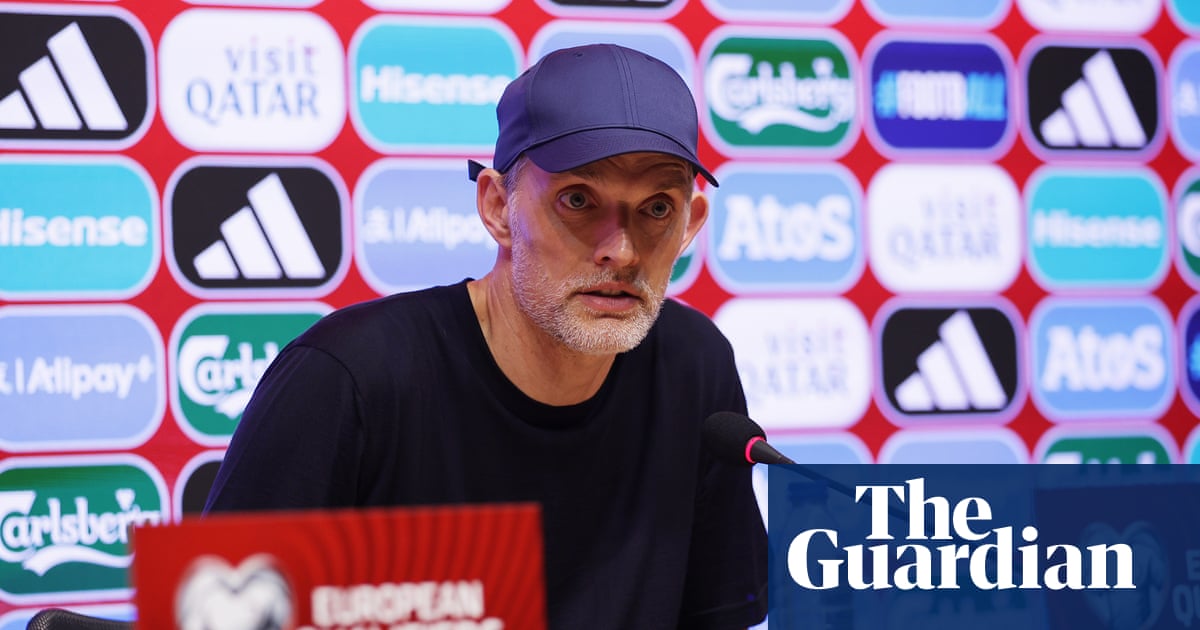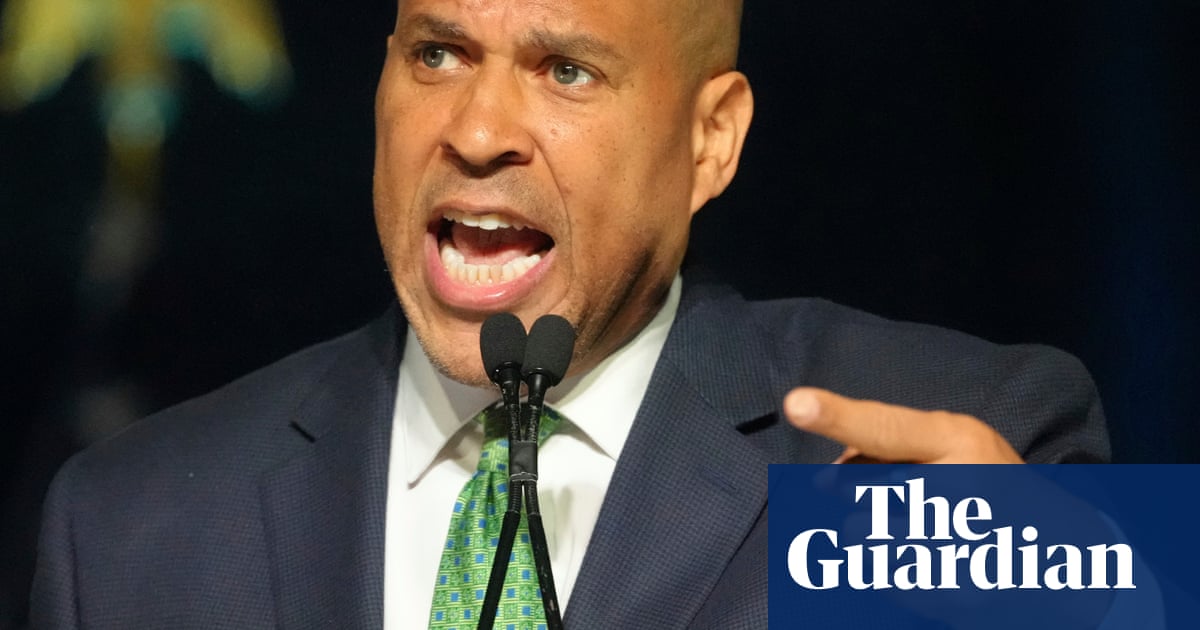The dropped toy bunny
I managed to cry before the opening titles, at a scene so innocuous that I must have disconcerted those around me. Bridget picks up her daughter’s stuffed rabbit, sniffs it, says “It stinks!”, then kisses it anyway. It hints at the radical self-acceptance our widowed protagonist seems determined to instil in her children – but it’s also testament to the amount of Bridget lore heaped into this film.
In Helen Fielding’s second book, Bridget and Mark are struggling along in their new relationship, trying to overcome their differences and the fronts they put up for one another. On the way out of a Debenhams Colour Me Beautiful appointment, her mum supplies a rare insight: that Bridget’s favourite book as a child was The Velveteen Rabbit, in which the most loved toy is the one whose fur has been rubbed off – the one which, perhaps, stinks. “That’s what happens when people really love each other,” Pam explains. “It doesn’t happen to ones who have sharp edges, or break if they get dropped … you have to be brave and let the other person know who you are and how you feel.”
Were the film-makers also referencing Bridget’s own infamous rabbit costume, and the bizarre episode, also in the second book, in which she finds a disturbed young boy, naked and clutching a rabbit, in Mark’s bedroom? Who can say. But reader, I was a goner. Barbara Speed
Ghostly tunes from Oliver! at bedtime
My expectations were not high for Bridget Jones: Mad About the Boy, but I wept half a dozen times and laughed about the same – which is about six times more than I was expecting on either count. The tears came faster than the laughs: the first when we see spectral Colin Firth haltingly singing “I’d do anything” to his young son, to soothe him to sleep.
Horrifically button-pushing, of course – grieving wife and son try to gain comfort from the ever-more-hazy memory of a much-missed husband and father – but shockingly effective. I still can’t quite work out why. Maybe it’s that, for me, the idea of a small, dark-haired, chess-loving boy being bereaved is especially upsetting. But actually, I think it’s probably particular to Firth himself.
Some actors seem to immediately access audience emotions and he – like, say, Judi Dench – is one of them. It’s something about good eyes and consistent understatement and unassailable dignity even when resigning oneself to feelings you’d rather not have (like, in the first film, falling for an utter loon like Bridget Jones). Anyway, it got me. Catherine Shoard
The son sings at the concert
For me, 2016’s Bridget Jones’s Baby is up there with Mamma Mia! Here We Go Again as one of the most fun, self-consciously silly sequels of the last decade. So I was hoping for more of the same with the fourth Bridget Jones film, and boy did I get it: I audibly cackled in the cinema more than once.
What I wasn’t expecting was for the new film to be a properly sad, moving study of grief.
By the time Bridget’s son Billy performs the song his father used to sing to him at his school concert, tears were running down my face. An earnest, grieving child singing angelically is obviously a moment designed to make us bleary-eyed, but this doesn’t feel gratuitous – it serves the plot, in that by Billy’s teacher (Chiwetel Ejiofor) arranging this performance, he reveals his kindness to Bridget, cementing himself as a worthy suitor. It speaks to how we all grieve differently, and how amazing it feels when someone takes the time to understand what we really need.
I cried a bit more when, in the film’s final scene, Billy is wearing the same reindeer-emblazoned turtleneck that his father was wearing when he first met Bridget – what I initially thought was a wink to keen-eyed fans of the franchise, until multiple closeups of the jumper were shown, followed by a picture of Colin Firth in it as the credits rolled. Oh well. We’ve never watched Bridget Jones for its subtlety, after all. But, with this latest film, we can turn to Bridget not just when we want to laugh, but also when we need a good cry. Lucy Knight
Dead Darcy
I cracked within mere minutes at the sight of Mark Darcy in his long black coat, briefcase in hand. He walks up to Bridget and, with his little boy grin that she’s always brought out in him, greets her as “Mrs Darcy”, ready to unite together against one of those ghastly dinner parties she’s always dreaded. But then, he disappears. Bridget is alone. Mark is dead.

It didn’t matter that I’d already grieved him for years, given that he died in the third book, or that I’d seen this moment about 20 times before in the trailer. I was floored by the memories of a relationship I’ve been rooting for since I was barely a teenager: specifically, the unbearably romantic scene in the first film, where Mark forgets he is sitting with Bridget and her urban family over a feast of blue soup and marmalade, because his big brown eyes are too lost in staring at this chaotic woman who he likes very much, just as she is.
Perhaps what I’m trying to say, very inarticulately, is that I’ve fancied the sideburns off this human rights lawyer for nearly quarter of a century – and while Bridge has always been the hero of her own story, I love Mark for making her swoony dreams come true. I probably owe my own hopeless romantic disposition to him. So, of course, two hours later, after his ghostly presence returned to sing I’d Do Anything to his mini-me son, then later stood in the audience to clap his boy performing said song at a concert, I was left an all-cried-out husk. Hollie Richardson
The grief
My dad died in December. While his illness was long and slow, his death felt sudden and shocking. Anyone who has seen a loved one go through dementia will know how it was; he faded until there was nothing for the disease to take from him any more. He was 64.
I watched the fourth Bridget Jones film three weeks after his funeral, and spent most of it a sobbing wreck – not just because of how it captures the crushing sadness of losing someone essential, but also for its gentle guidance on how to move on.
The message that your loved one will always be a part of you, that you don’t need to “let them go” to rediscover life, and that it isn’t a disservice to them to feel joy, had me feeling lighter than I had in weeks.
Bridget knows that her children are still the part of Mark that she can hold and love. And in my dad’s final days in the hospital, I was able to tell him that I was pregnant, that he was the first person in our family to know, and how much I hoped that they would be just like him.
Bridget Jones helped me to see my pregnancy – so early in the days of my dad’s loss – in a new light. While I could hardly register the joy of one thing against the heartbreak for another, I realised that whoever this little person will be, my dad will be a part of them, too – and that didn’t mean forgetting him to move on. It meant embracing him more than ever.
A shirtless Leo Woodall also didn’t hurt … Emmy Griffiths
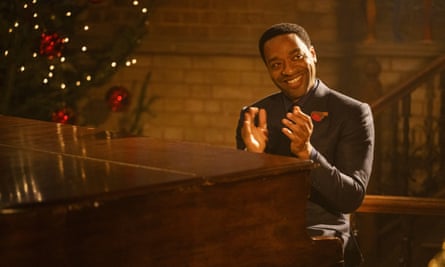
The pleasures of Bridget Jones: Mad About the Boy are unexpected, not least because many of them have a melancholy, elegiac edge you don’t normally associate with romantic comedy. Even its optimism is tinged with loss and regret, and with questions about what happens when someone dies. None of this applies to the early scenes with Chiwetel Ejiofor as the pragmatic science teacher Mr Wallaker. He and Bridget don’t hit it off straight away, which of course means, according to the Rules of Romcom World, that they’re destined to get together later on.
This is Ejiofor’s first leading romcom role and I wouldn’t say he was miscast, even if, as Mr Wallaker, he does give off a bit of a Superman pretending to be Clark Kent vibe. Nevertheless, it isn’t until he and Bridget share supervising duties on a school field trip and he takes his shirt off that she begins to see the light. And it isn’t until he’s comforting her nine-year-old son about the loss of his father that you’re reminded Mr Wallaker is being played by one of the best actors of his generation. “Your dad is everywhere,” he says, which is when I got something in my eye. Anne Billson
The flawed parenting
I had an odd moment watching Bridget Jones: Mad About the Boy, a film, I should add, I’d needed some arm-twisting to go and see (not helped by the Guardian only giving it two stars). As Bridget’s son completed his solo of I’d Do Anything, I found myself about to clap. In the cinema! Can you imagine?
Thank God, I pulled myself together just in time – but the feeling was real. I was unexpectedly captivated by this gentle, not-riotously funny film about a single mum and her vulnerable, loving children. In fact I almost welled up with pride at our (non-British) national institution, Renée Zellweger.
But above all, as I watched Bridget negotiate her complicated life with characteristic ambivalence and uncertainty, I found myself thinking about the job I’d done as a (non-single) parent – reflecting on the times I could have been kinder, gentler and more loving with my own children. And, to my surprise, that really touched me. Samuel James

Friends – and exes – growing old together
The latest Bridget Jones movie is bookended by two parties. The first is the kind unworthy of the name – a dinner with acquaintances, where every conversation is a lightly veiled attempt to find out who is losing at life.
The second is a house party with all Bridget’s loved ones in attendance, her friends Jude, Tom and Shazza, and her ex, Daniel Cleaver, showing the kids how to make vodka cocktails, everyone tipsy and dancing in a sunsetting glow. One of the pleasures of middle age and beyond, not spoken about often enough, is the fact of the friends you have known for decades, people who have seen you through small mistakes and big ones, through hangovers, grief, success and failure, breakups, maybe breakdowns, who have seen you at your worst but still somehow seem to like you quite a lot. If you’re lucky, this might include an ex or two – the ex who didn’t screw you over, but just wasn’t right for you, who knows you as well as anyone could. This film is a moving reminder to hang on to those exes. And hang on to those friends. You can make new friends, as they say, but you can’t make old ones.
These friendships are difficult to depict on screen, unless you have been filming with the same cast for 24 years. Did I arrive in the office after Mad About the Boy and compare it to Boyhood, the movie Richard Linklater famously filmed with the same actors over more than a decade? Yes. Did the film editor roll her eyes? Also yes. But I stand, at least partly, by the comparison. The latest Bridget Jones captures as well as anything I have seen the poignancy and joy of having friends who sustain you through a lifetime. Kira Cochrane

Hugh Grant in hospital
I can’t profess to be a Bridget Jones lifer. In fact, I only raced through the first two instalments in the week before Mad About the Boy’s release, in order to get vaguely up to speed with the saga. Those first two films – likable, daffy, a portal back to a lighter, more optimistic age – did not at all prepare me for the emotional devastation of what is surely the saddest film ever to feature a scene where children are instructed in how to make a cocktail called a Filthy Bitch.
That moment was engineered, of course, by Daniel Cleaver: Hugh Grant’s cheerful cad and the character who represents the most tangible link to those lighter, earlier outings. Continuing Grant’s preposterous run of scene-stealing supporting parts in the last decade, Cleaver plays a vital, mood-lifting role in the latest film, armed and ready at all times with a smutty, absurdist zinger whenever things are getting too introspective. Which made the scene in which Bridget rushes to see Cleaver, who has been hospitalised with a heart scare, hit all the harder. In a rare moment of sombre self-reflection, he realises quite how lonely his decades-long misadventures have made him, lamenting in particular the son he hasn’t ever gotten – or tried particularly hard – to know. It turned the character suddenly, poignantly 3D, bringing to mind all the real-life people who found themselves in a similar situation, sat on a hospital bed, filled with regrets – though (unlike Cleaver) lacking the opportunity to make up for them.
I can’t say with certainty that it was the scene that made me sob the loudest, but it definitely was the moment that caught me the most blubbingly unawares. Gwilym Mumford
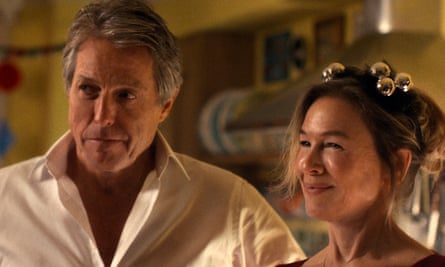
Friends keeping our essence alive
The first bit of BJ4 that got me was Bridget’s lovely dad, in his dying days, telling his widowed daughter that it wasn’t enough to survive, she also had to live. Much of Mad About the Boy dwells on her fears around how to keep the late Mark Darcy’s memory alive for their children, and as others have said, the film’s most tear-jerking moments are those explicitly about preserving Mark in song, in celibacy and by shunning awful so-called memorial dinners with pitying “friends” (the Cosmo and Woney!) for a much more fitting ad hoc pub wake with her gang, over blue cocktails (hopefully made from authentic string-based colouring).
That’s what really pranged me deep in my core: yes, we keep the memories of the dead alive, but that our oldest, closest friends keep the essence of each other alive, that profound depth of mutual understanding allowing us still to be just the way we are, even when assailed by mercilessly shifting societal norms or viperish school gate mums – or, in the now rather venerable Daniel Cleaver’s case, the fall of Rome for a certain type of Kings Road-preying rogue. Having had devoted friendships with two saucy scallywags myself, one of whom is sadly no longer with us, I love and recognise Bridge and Cleaver’s bond – always pushing each other to make their respective lives a bit bigger, whether through pursuing more shags or reconciling with estranged sons.
And seeing the same cast a quarter of a century on reminds me how lucky I am to remain so tight with the three women I watched the first film with as 12-year-old girls. We thread each other’s core past selves through our present, and get to watch these histories refracted anew in the four funny little daughters who have expanded our gang. Obviously I wept at the sad bits of BJ4 but these are the notions that made me cry happy tears. At one point in the film, rationalist science teacher Mr Wallaker and romantic Bridget tussle over whether the soul really exists. The truly beautiful Mad About the Boy is conclusive evidence that it does. Laura Snapes

 3 months ago
80
3 months ago
80






